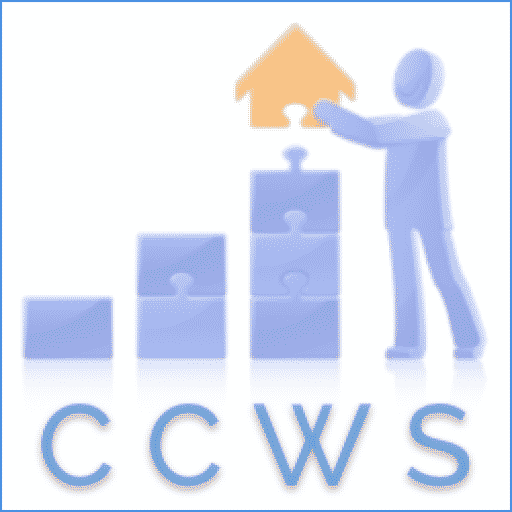This page gives a brief overview of some of the terms you will encounter when discussing your website. In being brief, there are some instances where the description may not be complete, so please get in touch if there are any issues about which you would like a complete answer.
Search Engine Optimisation (SEO)
Search engine optimisation is the process of improving your site’s ranking and, by consequence, increasing organic traffic. SEO includes systems such as writing high-quality content, using keywords relevant to a broad audience or industry niche to make sure they rank on search engines like Google.
We adopt a system focusing on creating unique, well-written content specifically for your target audience. Content has three primary purposes:
- Engage and inform your visitors
- Demonstrate expertise and authority in the subject
- Encourage visitors to contact you
Duplicate Content
Duplicate content is one of those online marketing terms that crops up a lot. There are two issues to consider:
- Content that is repeated on the same site or page multiple times
- The same content that appears on different websites.
Other than obvious exceptions such as site navigation or contact details, content on your site should be unique and only used once. E-commerce sites have a challenge with duplicate content as they are trying to write competing content for the same product. Another example could be press releases that are published multiple websites.
Duplicate content is a problem for pages that are competing for the exactly the same traffic, because the search engines are looking for content that will be valuable to a searcher. Otherwise it can be regarded as a site quality issue.
Thin Content
Thin content is a broad term to describe content that does not add value, for example, doorway pages that target multiple towns with the same text.
Thin content has a similar effect to duplicate content. It does not add value to a visitor’s experience and is unlikely to be returned by the search engines. Whether this is considered a penalty or just a sign of low quality is a subjective view.
Back Links
Links are the lifeblood of the web. The original vision of the internet was of a series of related documents connected by hyperlinks. As the internet has grown, hyperlinks are seen as “votes” for good resources and used by authors to demonstrate credibility by showing their sources of information.
Search engines rely less on backlinks than a few years ago, and misuse of backlinks is very problematic. The major search engines regard any attempt to manipulate the Search Engine Results Pages (SERPs) to violate their terms of service. If fake backlinks are detected, a webpage or entire domain can be blocked by Google. This penalty can be applied manually or algorithmically, and recovery can be challenging.
Link Networks
Link networks are deliberate attempts to create networks of pages that link to each other. These pages are almost always thin or duplicate content. Often server software is used to create pages dynamically. Link networks are simple to spot and are a high-risk strategy.
We never participate in link schemes or attempt to gain client site rankings artificially. In our view, the long term risks never outweigh the short term gains.
Pay Per Click (PPC)
Google and Microsoft run PPC advertising networks where advertisers can buy ads via an auction process. The exact process is complex and beyond the scope of this document.
Both networks are highly cost-effective at generating high-quality leads across a wide range of industries.
Text adverts are displayed alongside the organic search results for Google or Bing. In comparison, the display networks show more image (or video) adverts.
WordPress and Page Builders
WordPress is an open-source content management system that uses an architecture of plugins and themes to create a wide range of website types. According to recent figures, WordPress powers over 40% of the top 10 million websites.
At its core, WordPress is free. However, developers create a range of solutions based on WordPress that are premium. Page builders enable non-technical website creators to use a drag-and-drop interface to build sites without using code. Page builder themes are often reused across multiple websites, creating a similar look or feel.
Have you see any other terminology used in online marketing that you do not understand?
The answers above are intended to give a brief summary of the main issues. Please get in touch if you need any help with the above issues, or have any other terms that you would like an explanation of.



